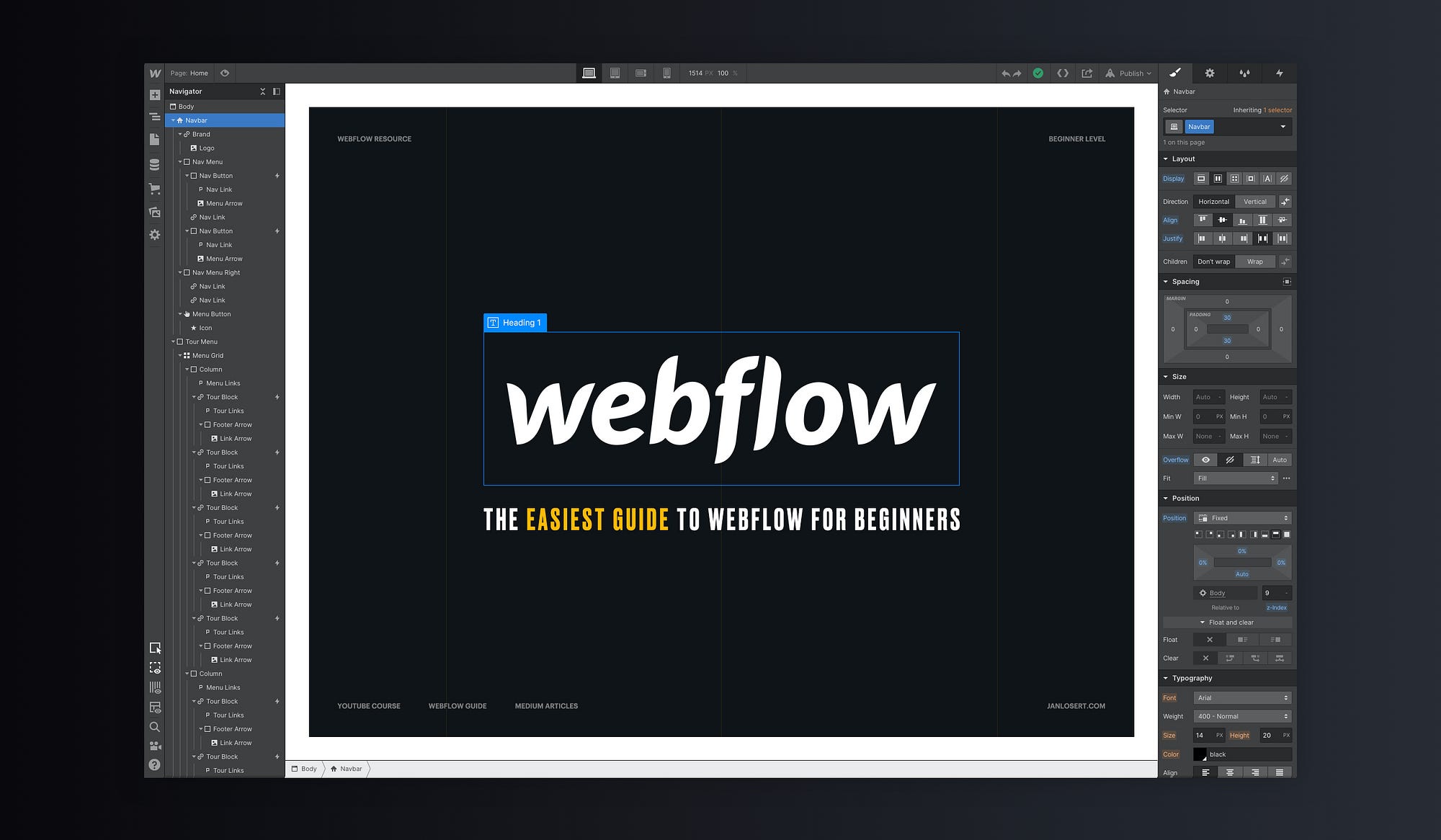How to Choose the Perfect Domain Name in 2025

Introduction:
Picking a domain name. It sounds simple, right? But as soon as you sit down to brainstorm, it can feel like an overwhelming puzzle. You’re not just choosing a name—you’re setting the foundation for your brand’s online identity. This decision can have long-term implications for your SEO, credibility, and even your bottom line. So, how do you make sure you get it right?
Let’s dive into the process of choosing a domain name that’s memorable, brandable, and strategic. Whether you're launching a startup, rebranding, or building an online portfolio, these actionable steps will guide you through this critical decision.
1. Keep It Short, Simple, and Memorable
Let’s start with the basics. A domain name should be easy to recall. When someone hears it once, they should be able to remember it later. If your domain is too long or convoluted, you’re asking for trouble. Why? Because people forget. We all do. Studies show that the average human attention span is just 8 seconds. Yes, that’s shorter than a goldfish’s! If your domain name is complicated, you’re making it harder for potential visitors to find you
A Good Rule of Thumb:
Aim for 6-14 characters. Anything longer than that, and you’re increasing the chances of a typo or a forgotten website. Amazon, Twitter, and Google—notice anything? They all have short, snappy domain names.
Example:
Let’s say you’re starting a photography business. Which domain is easier to remember:
www.jennifersmithlightandlensphotography.com
www.jenslens.com
The second one wins every time. It’s short, memorable, and rolls off the tongue.
2. Prioritize .com, But Don’t Be Afraid to Explore
The .com domain extension is still king. It’s familiar, trusted, and most people will instinctively type it when searching for your site. But with millions of .com domains already registered, you may find it challenging to secure your first-choice name. Does that mean you should settle for a confusing or awkward .com domain just to get the extension? Not necessarily. Over the last decade, new top-level domains (TLDs) like .io, .co, and .tech have become more mainstream. They’re often associated with specific industries—.io for tech startups, .co for businesses, and .tech for, well, technology companies. And guess what? They’re becoming increasingly trusted.
Pro Tip:
If your preferred .com is taken, consider one of these newer TLDs. But there’s a catch. If you go with something like .biz or .info, you risk looking a little “spammy.” These extensions don’t always convey the same level of trust as .com or .org. Choose wisely.
3. Avoid Numbers and Hyphens
Hyphens and numbers can be a nightmare for your domain name. They complicate how people perceive and remember your site. And unless your brand is about numbers, they can confuse users. Imagine telling someone your website is “best-cakes-4-u.com.” Now imagine them typing it into their browser. Did they type “bestcakes4you.com”? Or was it “best-cakes-for-you.com”? See the problem? It’s a recipe for lost traffic.
The Solution:
Stick to letters. Avoid hyphens and numbers unless they directly relate to your brand, like 7-Eleven or 24/7 services.
4. Make It Brandable, Not Generic
Your domain name is your brand’s first impression. Make it count. A common mistake people make is choosing something too generic. While “ChicagoPlumbingServices.com” might describe what you do, it doesn’t stand out. It’s forgettable. On the other hand, something like “PipeDreams.com” is unique, memorable, and brandable. You can build a story around it, and it becomes more than just a domain—it’s your identity.
Test the Brandability:
Can you say it out loud without stumbling? Does it pass the “radio test”? (If you heard it over the radio, would you know how to spell it?) Is it unique enough to stand out?
Pro Tip:
Check social media handles as well. You don’t want to pick a domain name only to discover that the matching Instagram or Twitter handle is already taken.
5. Consider SEO—But Don’t Obsess Over It
Once upon a time, exact-match domains (EMDs) like “bestshoesintown.com” were all the rage. They could give you a quick boost in search engine rankings. However, Google has since de-emphasized EMDs in favor of more brandable, authoritative domains. That said, keywords in your domain can still help—if done naturally. For example, if you’re launching a bakery in Seattle, “SeattleBakery.com” could give you a small SEO advantage, especially for local searches. But don’t force it. Keyword-stuffed domains like “BestCheapBakerySeattle.com” can come across as spammy and untrustworthy.
The Bottom Line:>
If you can include a relevant keyword without sacrificing brandability, go for it. But prioritize creating a memorable and trustworthy domain over cramming in keywords.
6. Check for Trademarks and Legal Complications
Imagine finally settling on the perfect domain name, only to get slapped with a cease-and-desist letter from a company with a similar trademark. Nightmare scenario, right?
Before you register your domain, do your due diligence:
Search the U.S. Patent and Trademark Office (USPTO) or your country’s equivalent to ensure your domain name isn’t infringing on any trademarks.
Google the name to see if anyone else is using it. You don’t want to enter a market already saturated with similar names.
Check social media handles to make sure no one else is using the name. It’s better to invest an hour of research now than to face legal headaches later.
7. Future-Proof Your Domain Name
You might be starting with a small niche focus, but where do you see your business in 5 years? 10 years? Your domain name should be versatile enough to grow with you. Let’s say you’re launching a business selling only socks. Naming your domain “JustSocks.com” might work today. But what if you decide to expand into shoes or other accessories down the line? You don’t want to limit your brand’s potential with an overly narrow domain name.
Future-Proofing Tips:
Think about the long-term vision of your business.
Avoid hyper-specific terms unless you’re 100% certain you’ll never diversify.
Pro Tip:
If you’re unsure, consider using a broader term that can encompass future growth. For example, instead of “JustSocks.com,” you could go with “FootwearHaven.com,” giving you the flexibility to expand your product line over time.
8. Use Domain Name Generators for Inspiration
Stuck? It happens. Sometimes all the brainstorming in the world won’t spark the right idea. This is where domain name generators can be a lifesaver. Tools like NameMesh, LeanDomainSearch, and BustAName can help you come up with creative combinations that you might not have thought of otherwise. These tools let you input keywords and generate hundreds of potential domain names in seconds. They can also filter by availability, length, and TLDs.
Caution:
While these tools are great for inspiration, don’t rely on them exclusively. Always do your own vetting to ensure the name is truly a good fit for your brand.
9. Act Fast—Domains Don’t Last!
Domain names are a hot commodity. If you’ve found the perfect one, don’t wait. Someone else could snatch it up before you’ve made your decision. According to Verisign, more than 350 million domains are registered worldwide, and that number is growing by the second. When you find a name you love, grab it. Domain registration is typically inexpensive—around $10-15 per year—so it’s worth securing your name before someone else does.
Pro Tip:
Once you’ve registered your domain, consider buying other extensions or misspellings of your name. For example, if your domain is “BestCoffee.com,” you might also want to grab “BestCoffee.net” or “BestCoffe.com” to protect your brand from typos or competitors.
10. Don’t Settle—Your Domain Is Your Brand’s Bedrock
I can’t stress this enough: Your domain name is one of the most important decisions you’ll make for your online presence. Don’t settle. If your first choice is taken, brainstorm alternatives. Try synonyms, word combinations, or even invent a new word (think Google, Zillow, or Instagram). It’s okay to take your time with this decision. In fact, it’s better to wait until you’ve found something that truly resonates with your brand and your audience.
Conclusion
Choosing a domain name isn’t just about picking a web address—it’s about setting the tone for your entire online identity. A great domain name is short, memorable, brandable, and future-proof. It builds trust with your audience and sets you up for long-term success. Take your time. Think strategically. And when you find the right domain, grab it fast! Your domain name is the front door to your online business. Make sure it’s one that invites people in.




